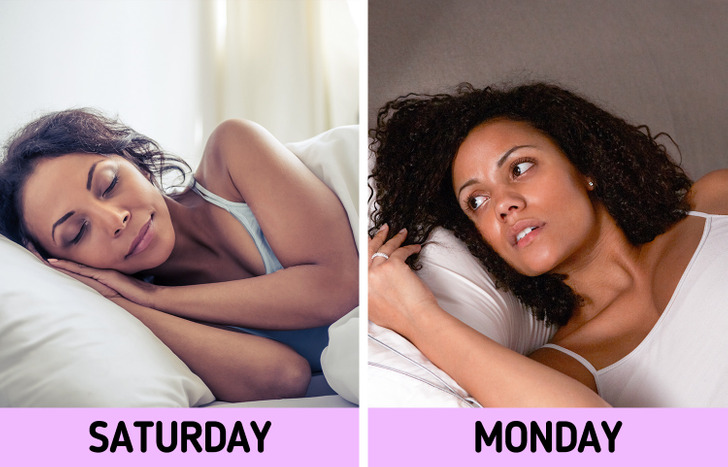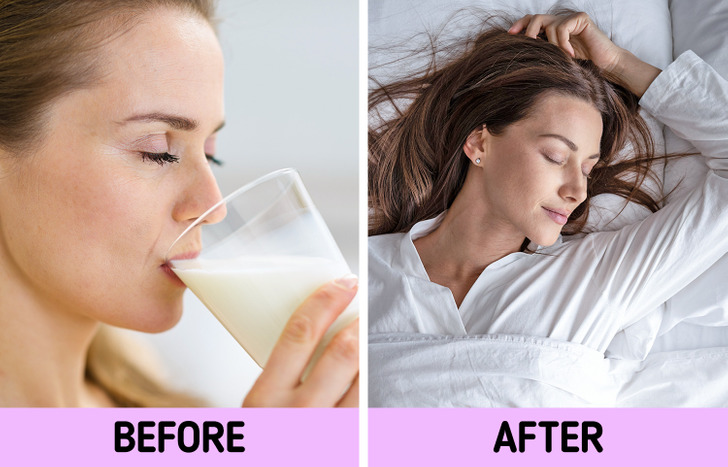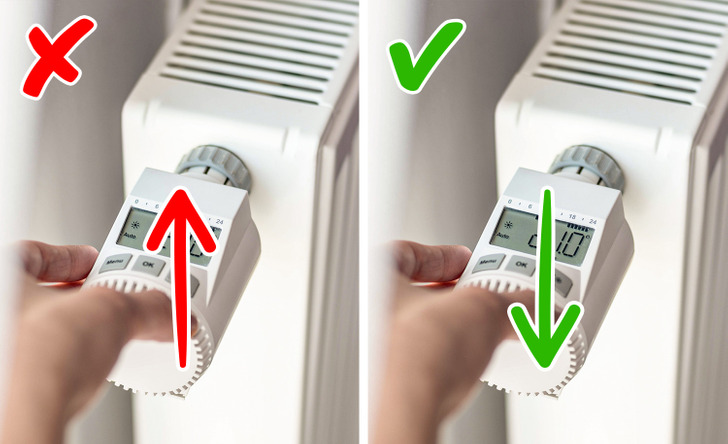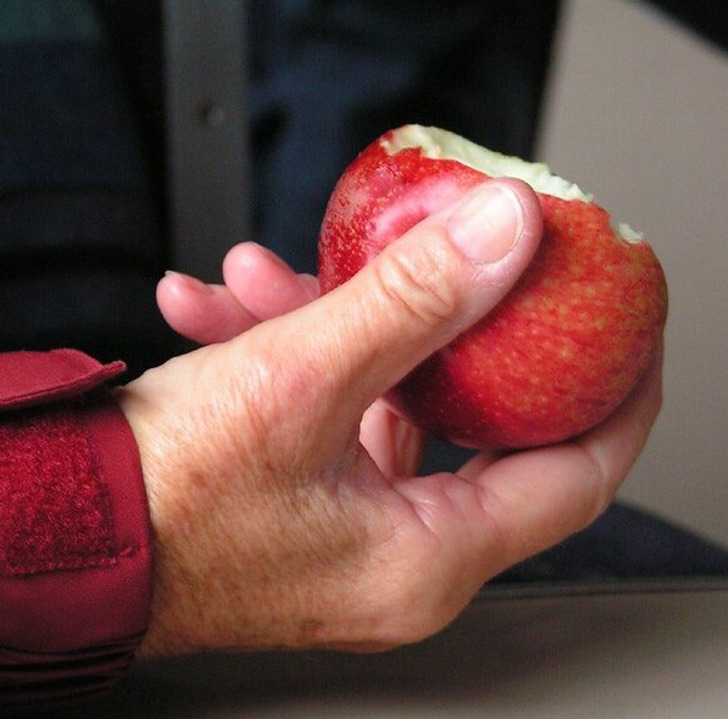7 Things That Prevent You From Sleeping Like a Baby
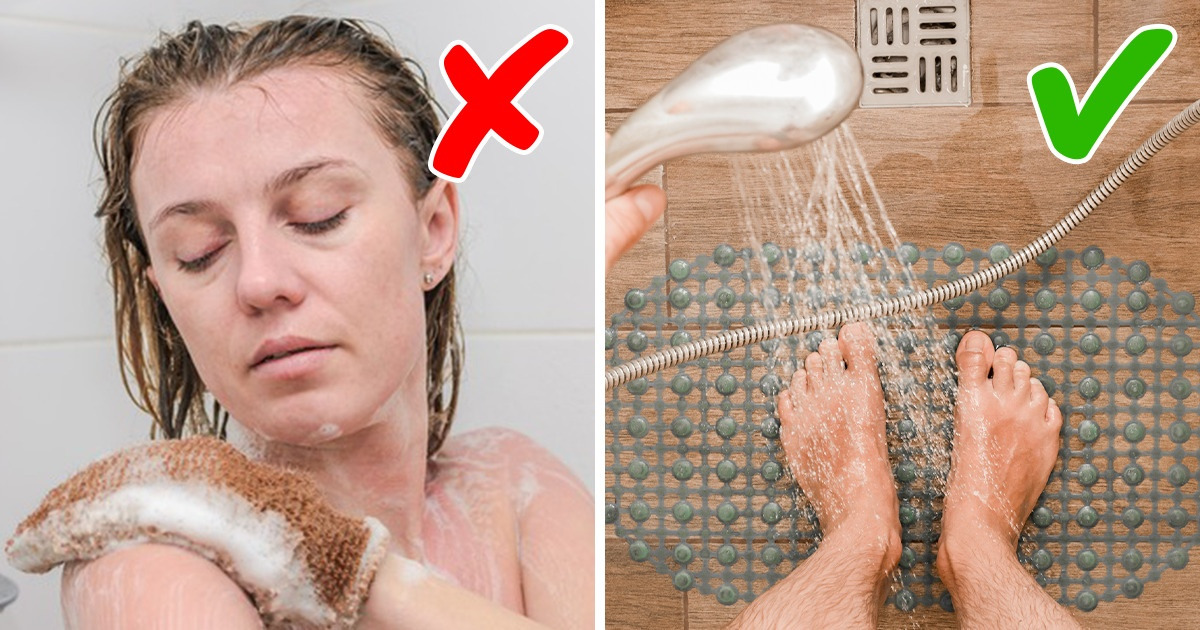
Many of us are familiar with the annoying feeling of tossing and turning at night. While getting enough sleep is absolutely vital for your health and overall wellbeing, many people find it challenging to fall asleep fast and wake up feeling recharged. As it turns out, saying no to a cup of coffee late at night might not be enough, and some of our seemingly innocent habits might be preventing us from getting a good night’s sleep.
1. You have carpets in your bedroom.
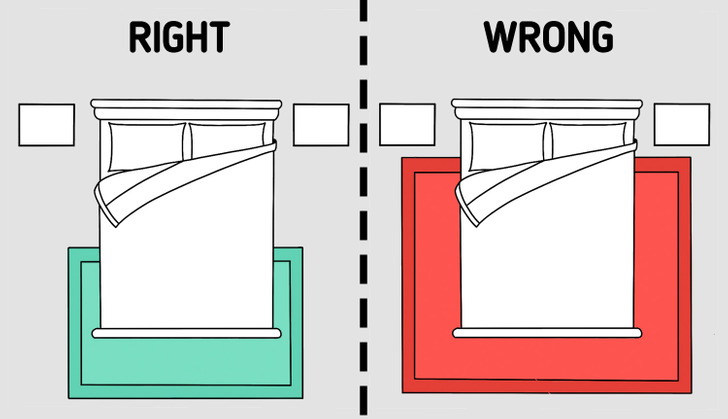
Carpets can add a nice touch to your bedroom and make it look cozy, but they also collect lots of dust and might potentially trigger allergies. This may lead to coughing and difficulty breathing, which, in turn, can disturb your sleep. If you can’t imagine a home without rugs, opt for small ones that don’t collect that much dust and are easier to clean.
2. You’re sleeping in on the weekends.
If you’re waking up early each morning to get to work on time, it’s totally understandable that you want to spend a few extra hours in bed on weekends. But going to bed late a few times a week might actually disturb your circadian rhythm and affect your sleep quality in the long run. Instead of waking up late over the weekend, try going to bed at similar times, and after a few weeks, you may not even need an alarm to wake up feeling well-rested.
3. You’re following a dairy-free diet.
While going dairy-free may be beneficial to some people, cutting it out from your diet completely might prevent you from getting quality sleep. Milk is one of the best sources of melatonin, an important sleep hormone that sends your brain a signal when it’s time to go to bed. Melatonin is often used to treat insomnia, and if you don’t feel like taking supplements, try drinking a glass of warm milk before heading to bed.
4. You’re turning your heater on.
When it’s still chilly outside, you naturally want to cover yourself with a heavy blanket and turn on the heater. But if you want to wake up feeling refreshed, it’s better to sleep in a slightly cold bedroom. Studies have shown that we sleep better in colder environments, and the temperature in your bedroom affects your sleep even more than external noise.
5. You indulge in late-night snacks.
When you’re feeling exhausted at the end of the day, you might feel tempted to eat something sweet right before hitting the hay. But eating too late at night might affect your sleep and prevent you from getting a quality shut-eye. This doesn’t mean that you have to go to sleep feeling hungry, in fact, having a meal 4 hours before bed might even help you fall asleep faster.
6. You’re taking a hot shower right before bed.
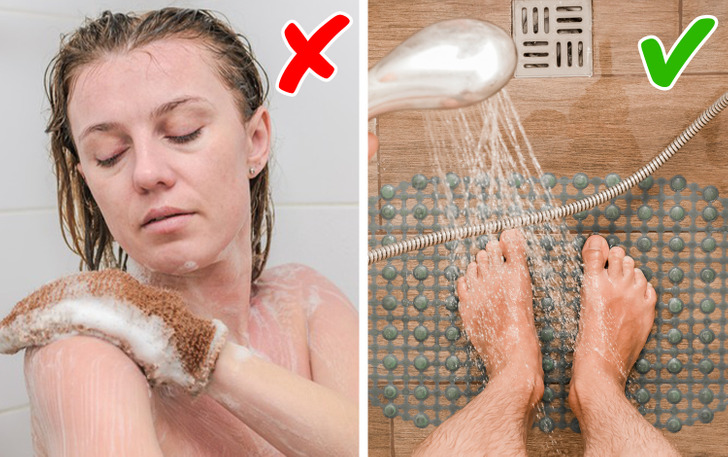
Nothing can compare to the relaxing feeling of a steamy hot shower, but taking one right before bed may prevent you from getting a good night’s sleep. When your body starts to prepare itself for rest, your core temperature drops, and taking a hot shower late at night can raise your temperature and confuse your body. However, according to research, a warm foot bath helps you fall asleep and improves the quality of your sleep.
7. You wind down with your mobile or tablet.
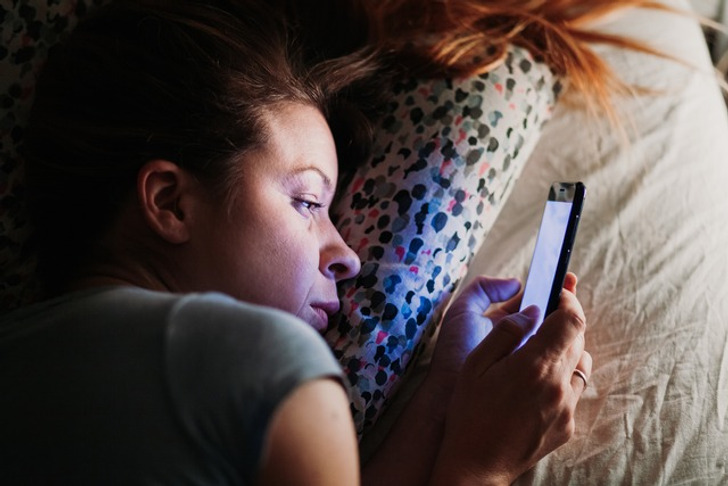
The blue light that our phone, laptop, and tablet emit makes our brain think it’s still daylight. Watching the news or exciting shows stimulates the brain and can prevent the relaxation necessary for sleep. It is recommended to stop using electronic devices for at least an hour before going to bed.
Do you usually sleep well at night? Do you have any tips for those who are struggling to fall asleep?
